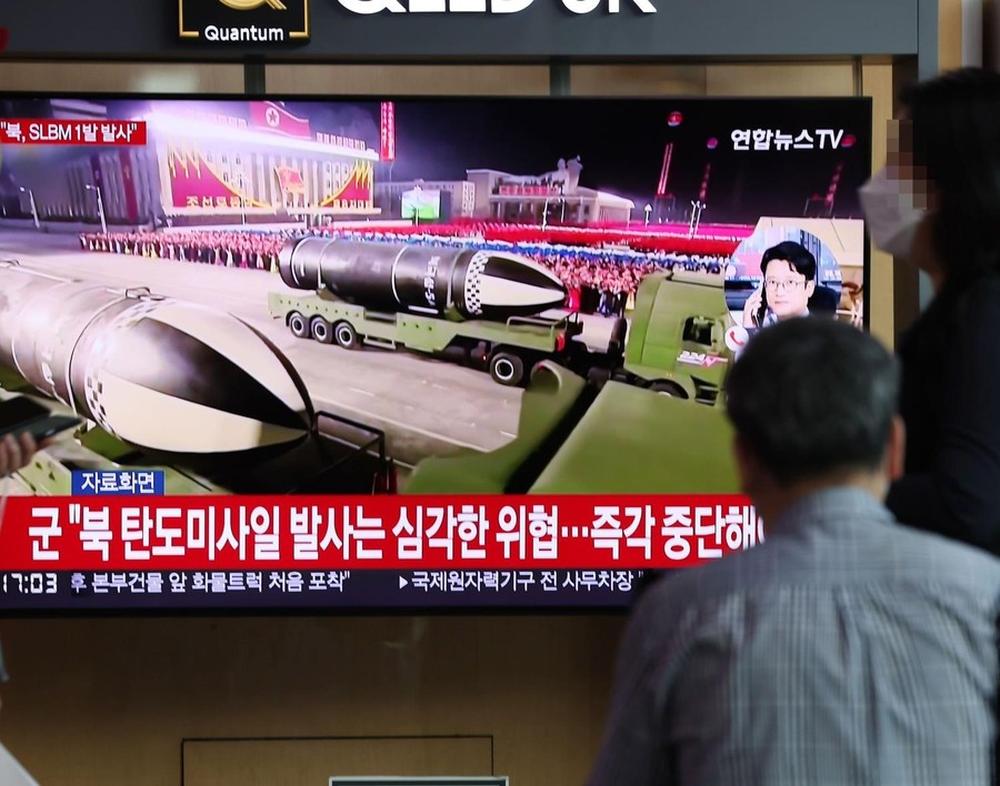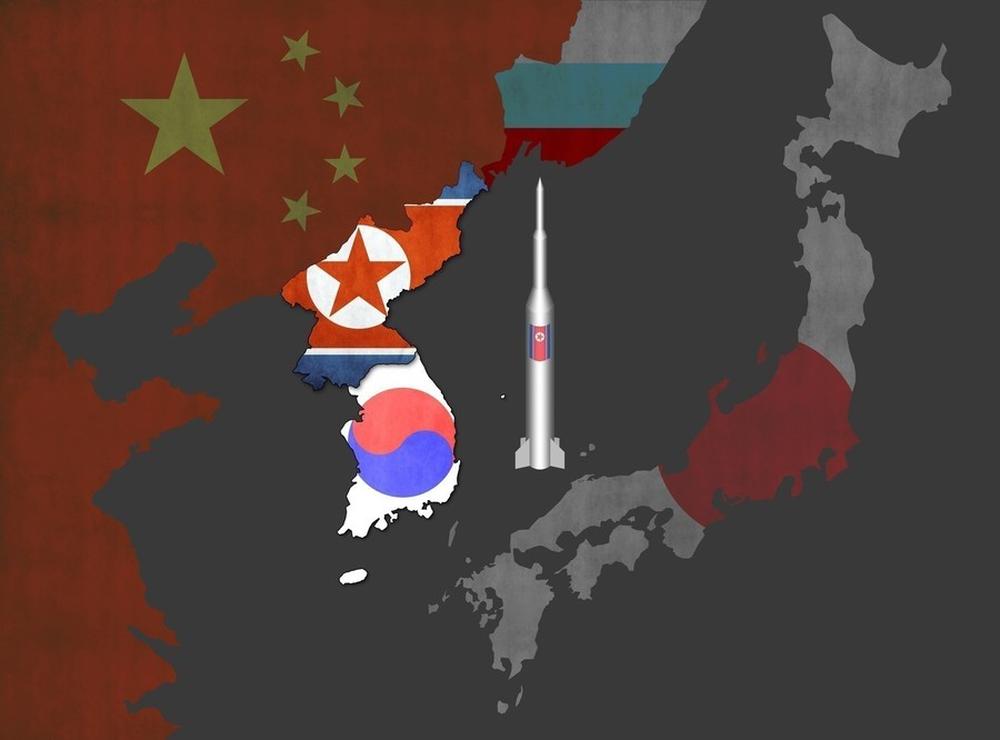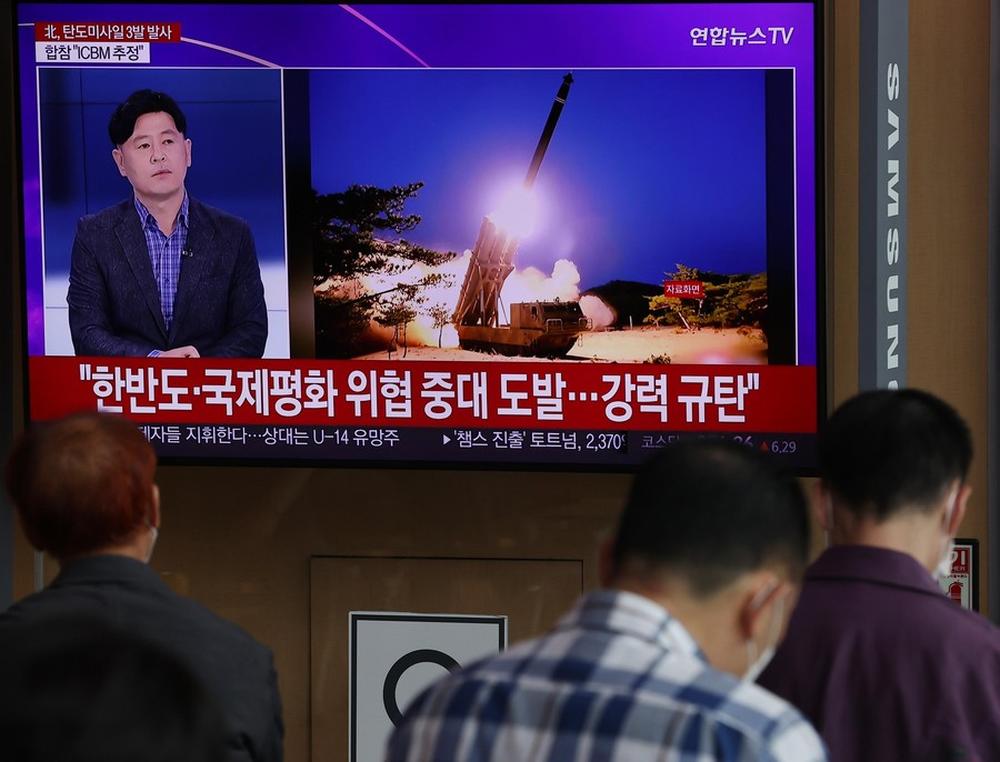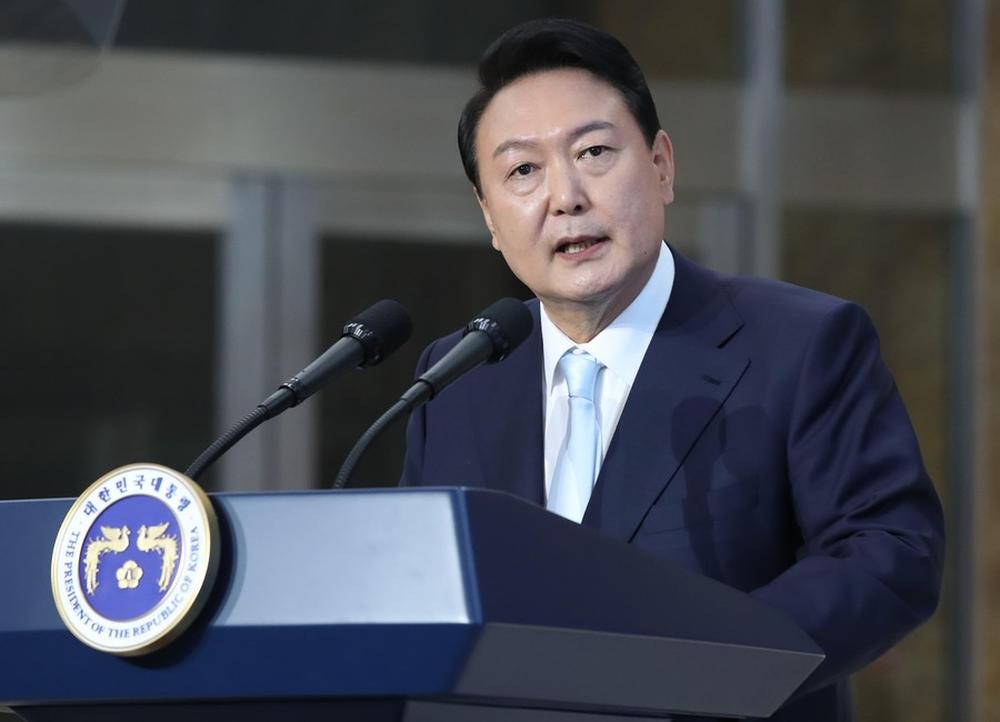- #Inter-Korean Relations
- #North Korea
- #Security & Defense
- #US-ROK Alliance

► The Yoon administration will pay special attention to North Korea’s recent threats against Korea and respond by drastically increasing Korea’s own response capabilities against the North’s nuclear and missile threats.
► Much of the Yoon administration’s effort to generate momentum towards denuclearization will be dedicated to strengthening its leadership.
► North Korea must come to the conclusion that time is not on its side.
The Yoon Suk Yeol administration took office on May 10 with the ambitious goal to create a more peaceful Korean Peninsula. To achieve this goal, the Yoon administration has outlined its policy priorities: North Korea’s denuclearization, normalization of inter-Korean relations, preparation—with the Korean public—for eventual unification, and resolution of inter-Korean humanitarian issues, among others. However, the incoming administration’s initial step towards peace on the Korean Peninsula is being challenged by North Korea’s refusal to engage in dialogue and undeniable drive to advance its nuclear capabilities. The incoming ROK administration faces a security environment exhibiting two broad trends. First, generating an atmosphere of engagement and dialogue will likely be challenged by North Korea’s increasing nuclear provocations and the resulting tit-for-tat security environment. Since the latter half of 2021, North Korea has refused to engage in denuclearization talks by carrying out high-intensity nuclear and missile provocations aimed at Korea, the United States, and Japan. North Korea is strongly motivated to tilt the diplomatic balance to its favor by trying to improve its nuclear capabilities in the short-run and to become a de-facto nuclear power in the near future.
Second, the security environment around the Korean Peninsula and in the broader Northeast Asian region will likely be characterized by instability and insecurity due to North Korea’s various tactical as well as strategic provocations, including a potential seventh nuclear test. Such provocations will continue to strain inter-Korean and US-DPRK relations, structurally exacerbating the current diplomatic stalemate in the process. Therefore, North Korea’s continued provocations will bring attention to issues such as ROK-US extended deterrence and UNSC sanctions resolutions, expose relationship issues among key Northeast Asian countries and cause further instability in the region.
As the Yoon administration outlined during the campaign trails and in its policy priorities, it will respond strongly to North Korean provocations. Its policy objectives relating to North Korea, at least during the initial stages, will be to deter North Korea’s provocations and to induce North Korea to return to the negotiating table. Deterring North Korea from further provocations will reduce the likelihood of escalation between the two Koreas and will help foster an environment where Korea holds the leadership in dealing with the nuclear issue. Therefore, applying strong pressures against North Korea to prevent an escalation will likely be the most realistic and effective strategy for the Yoon administration.
More than anything else, the Yoon administration will pay special attention to North Korea’s recent threats against Korea and respond by drastically increasing Korea’s own response capabilities against the North’s nuclear and missile threats. Moreover, it will try to further enhance deterrence capabilities vis-à-vis North Korea by strengthening the ROK-US military alliance and expanding cooperation in the military science and technology realms. The Yoon administration will likely make requests to the United States to quickly reactive the Extended Deterrence Strategy and Consultation Group (EDSCG) as well as 2+2 foreign and defense ministerial meetings in an effort to enhance the ROK-US comprehensive strategic partnership.
In addition to deterring North Korean provocations, the Yoon administration is also expected to make considerable efforts to establish a new type of inter-Korean relationship. The Yoon administration believes that inter-Korean relations during the Moon administration were abnormal in the sense that Korea was too submissive towards North Korea, damaging the Korean public’s pride in the process. It also believes that North Korea’s human rights issues and humanitarian issues were brushed aside as a result. As such, the Yoon administration will try re-establish a “normal relationship” with the North that is predictable and based on principles of mutuality. Moreover, many expect the incoming administration to seriously consider humanitarian assistance to North Korea—regardless of the progress towards denuclearization—and address other humanitarian issues brought on by national division. In particular, it is expected to actively participate in international efforts to improve North Korea’s human rights situation by participating in the UN North Korea Human Rights Resolution as a co-sponsor.
Much of the Yoon administration’s effort to generate momentum towards denuclearization will be dedicated to strengthening its leadership in the matter. It firmly believes that it cannot leave the issue solely in the hands of the United States and North Korea, which draws stark contrast to the “facilitating” role that was undertaken by the Moon administration. Therefore, it will ask the United States to further enhance extended deterrence while taking a more central role in drafting and implementing a mechanism to resolve the nuclear issue. It will not provide compensation to North Korea for returning to dialogue. Rather, it will adhere to maintaining international sanctions until North Korea undertakes complete denuclearization. At the same time, it will have enough flexibility to provide bold economic assistance in the form of sanctions relief if North Korea makes tangible results toward denuclearization.
If the Yoon administration takes a tougher stance against North Korea’s nuclear/missile provocations and a more active role in North Korea’s human rights issues, inter-Korean relations will continue to be strained, at least for the foreseeable future. However, if inter-Korean relations do worsen, this will be due to North Korea’s overall foreign/military strategy and its policy towards the South, rather than the Yoon administration’s North Korea policy. Over the past five years, North Korea has strategically utilized inter-Korean relations as a dependent variable in its relationship with the United States. Fundamentally, North Korea has underestimated the South’s strategic value. In other words, North Korea has deduced that the South offers neither significant advantage nor disadvantage in terms of achieving its strategic objectives.
Without North Korea’s re-evaluation of Korea’s strategic role, North Korea will likely continue to frame inter-Korean relations as a way to deal with the United States. At this moment, North Korea is responding to the United States’ policy with pressure rather than compromise. It believes that if it can raise the level of threat to the U.S. mainland by improving its nuclear/missile capabilities, it can force a change in the United States’ North Korea and denuclearization policy. What North Korea needs now is time and the ability to withstand the sanctions regime. North Korea, therefore, will invest all its efforts to advancing its nuclear capabilities in the short-run.
North Korea’s push to advance its nuclear/missile capabilities will place the Korean Peninsula and the greater Northeast Asian region in an unstable security environment. Moreover, North Korea will try to induce the Yoon administration to adopt a tougher deterrence policy against it. The most critical aspect of the Yoon administration’s early North Korea policy will be to prevent escalation by deterring North Korean provocations. Additionally, the biggest concern for the Yoon administration will be how to generate the momentum for dialogue in the midst of a tit-for-tat security environment. Unfortunately, if North Korea fails to abandon its obsession with nuclear capabilities and its blind faith regarding the utility of nuclear weapons, inter-Korean relations will continue to face an uphill battle regardless of any engagement policy offered by the incoming administration.
North Korea must come to the conclusion that time is not on its side. Its insistence on pressure strategy and nuclear weapons will damage its national interests in the long-run. This is because the United States will not cause a fracture in the international non-proliferation regime and damage the foundation of its global strategy. Moreover, Korea is capable of developing and possessing deterrence capabilities that can counter the North’s nuclear threat. As North Korea’s nuclear capabilities advance, so too will the level of international sanctions, all of which could lead to greater instability for the Kim Jong-un regime and potentially lead to state failure. The choice for peace has always been in the hands of North Korea. It is my hope that North Korea will make the wise decision.
Dr. Sung-Yoon Chung is a Research Fellow at KINU. His fields of interest include North Korea Nuclear Issues, U.S.-DPRK Relations, North Korea's Diplomatic and Security Strategy, Security in Northeast Asia. He got his Ph.D in Political Science from Korea University. He was a visiting Scholar at the Center for Asian Studies, American University, U.S. from 2005 to 2006 and was a Research Professor at the Ilmin International Relations Institute, Korea University from 2007 to 2014. He is the author and co-author of dozens of scholarly articles and books including, “Conditions for Achieving Strategic Integration” Journal of International Politics(2021), “How will North Korea Respond to Shifts in the U.S.-China Relations?” The Journal of East Asian Affairs(2022). Currently, he was a member of the North Korean Nuclear and Peace Task Force Advisory Team, Ministry of Unification as well as is member of advisory committee of Ministry of Defense.



